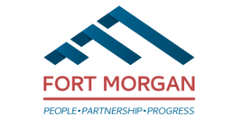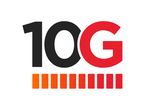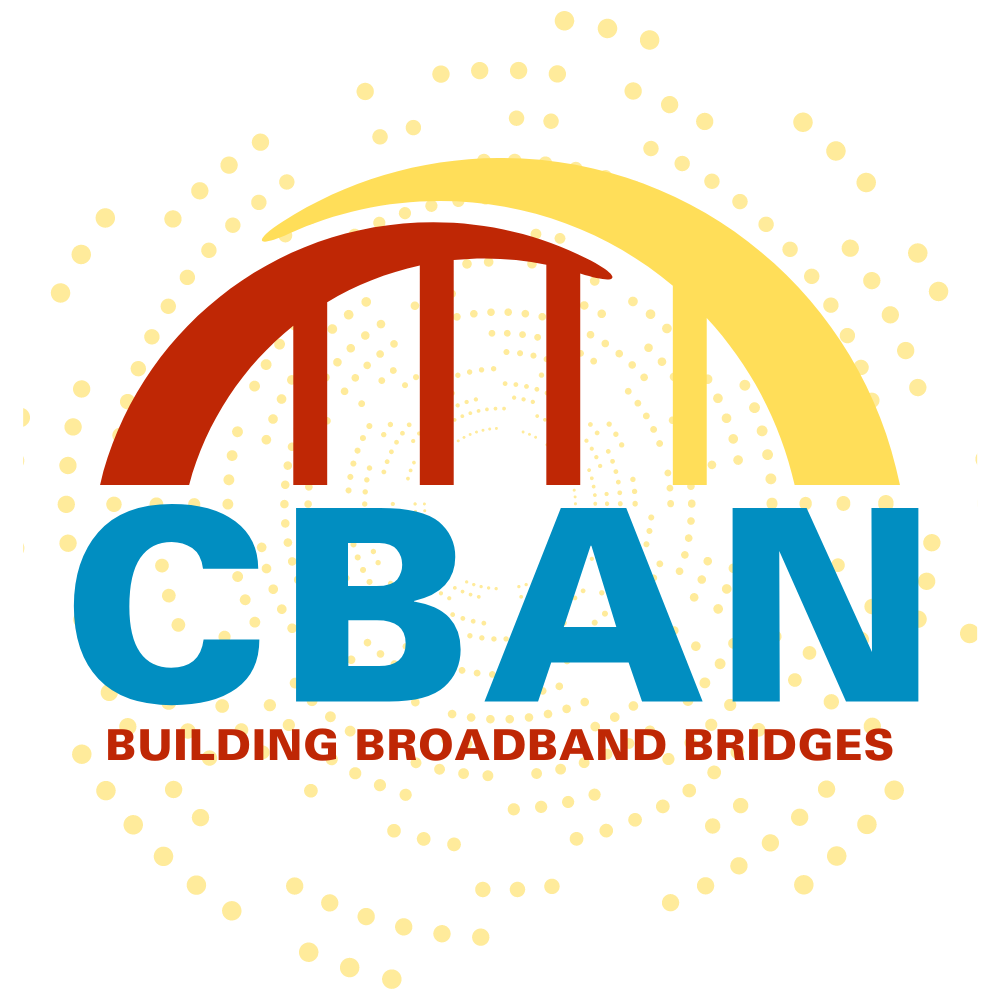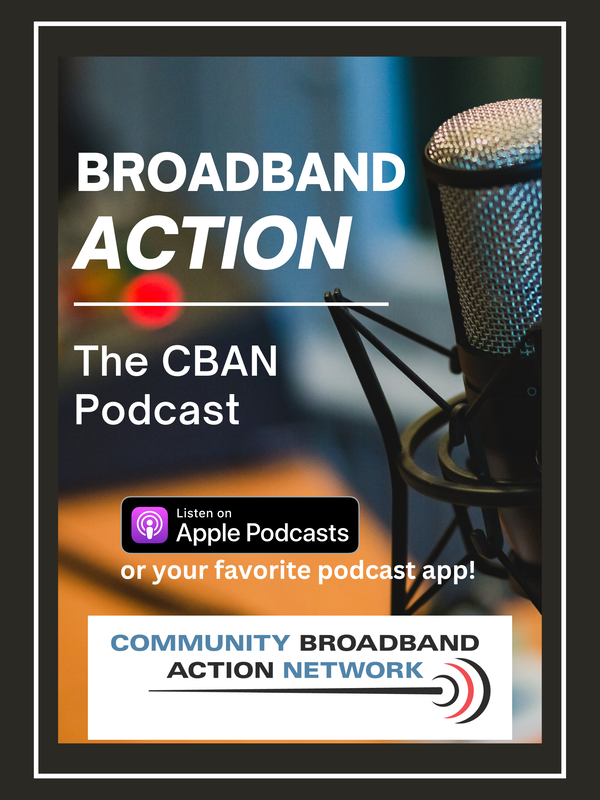|
Mediacom held an event in Ames, Iowa on September 17, 2020 designed to highlight their efforts to bring faster speeds over their hybrid fiber-coaxial (HFC) network. And Light Reading has a fairly exhaustive article highlighting the company's "10G Smart Home" project. Here are some highlights from the Light Reading article:
While calling it a "10G Smart Home" demonstration, the article hints that the terminology is more aspirational than fact at this point. "Walden (Mediacom CTO JR Walden) estimates that the setup enables the network to deliver about 5 Gbit/s downstream and 1.2 Gbit/s upstream to the back of the modem (a DOCSIS 3.1 model, in this case) outfitted with a 2.5 Gbit/s port. Today's D3.1 modems can't process more than 5 Gbit/s, but next-gen DOCSIS 4.0 modems will be able to do more." The article also discusses some of the cool technology that Mediacom demonstrated at the September 17th event. Two key takeaways based on the reporting (I wasn't there so I'm going by what Light Reading is telling us):
1. Download speeds continue to be a challenge for DOCSIS. Until full duplex DOCSIS is fully baked and ready for field deployment, symmetrical speeds will be a challenge (although Mediacom said the upgraded nodes in Ames are capable of 1 Gbps symmetrical speeds now) 2. Mediacom (and many other large cable companies) are all-in on DOCSIS and its evolution. Yes, the technology will be capable of 10 Gbps symmetrical speeds sometime in the next few years. But as fiber networks such as Cedar Falls and others have shown us, 10G is already here for fiber (XGS-PON and NG2-PON) and for customers who want/need it.
1 Comment
 CBAN's newest community member is using a public-private partnership to bring fiber to every home and business in their community. The City of Fort Morgan, Colorado has built a fiber network capable of serving every home and business in the eastern Colorado town of just over 11,000. The City has partnered with CBAN member ALLO Communications to lease the City's network for 20 years and use it to provide services. For Fort Morgan, it all started with a vote. In 2009, citizens approved a referendum to opt out of Colorado Senate Bill 152, a state law that prevents a municipality from owning and providing service over its own telecommunications network. Construction of the network backbone began in 2017, and ALLO began hooking up customers this year. We want to welcome Fort Morgan to the CBAN family and look forward to hearing more about your broadband story in the future!
 Mediacom, one of the nation's largest telecommunications providers, is bullish on new versions of DOCSIS that will allow up to 10 gigabits per second download speeds over coaxial. They've talked about being one of the nation's first operators to deploy 10G (the marketing name devised by Cable Labs for the iterations of DOCSIS capable of higher downloads). Now, the company is holding a demonstration of 10G this week. As reported in Light Reading, Mediacom will hold a field demo of 10G on Thursday, September 17th in Ames, Iowa. Details about the demo are listed in the article. The demo is being held in conjunction with Cable Labs and NCTA-The Internet and Television Association, which represents large cable operators. The choice of Ames is not surprising in many ways. Not only is Ames the home to Iowa State University, one of the nation's leading engineering research centers. Ames also JUST HAPPENS to be one of several Mediacom service areas that are currently being overbuilt by a new provider, in this case Metronet, with fiber-to-the-home. Cable operators see the next generations of DOCSIS as a way to hold off the competitive threat from fiber networks, especially those deploying GPON and 1 gigabit speeds. CableLabs is apparently working on two iterations of 10G. One version, called DOCSIS 4.0, is theoretically capable of up to 10 Gbps download and 6 Gbps upload speeds, and allows the operator to still have a small number of amplifiers between the node and the user. The other version, Full Duplex DOCSIS (FDX), requires an N+0 architecture (no amplifiers) and is capable of 10 Gbps symmetrical speeds. It isn't clear from the Light Reading article which version Mediacom is planning to demonstrate.
|
Broadband Bytes NewsPresented by the Community Broadband Action Network and curated by Curtis Dean. Archives
July 2024
Categories
All
|




 RSS Feed
RSS Feed
